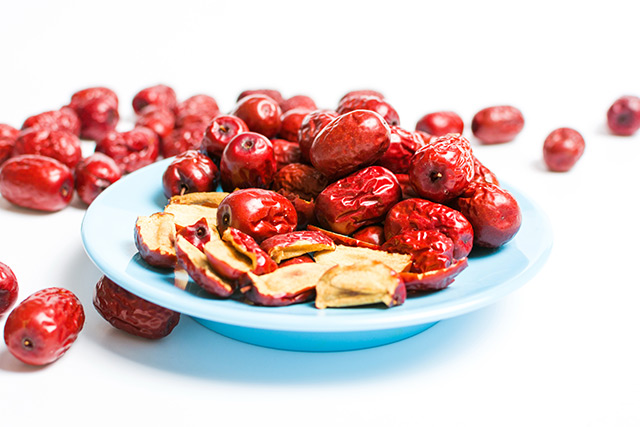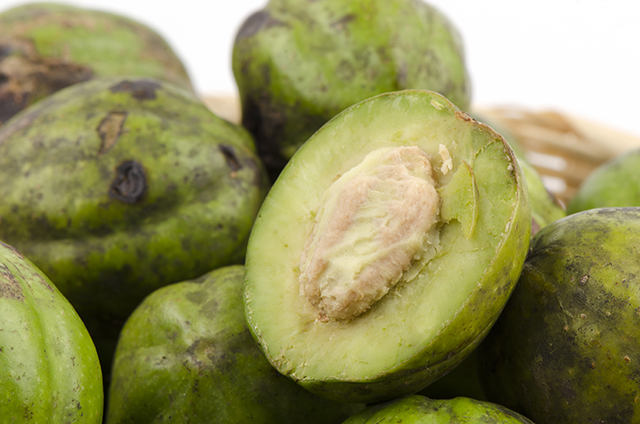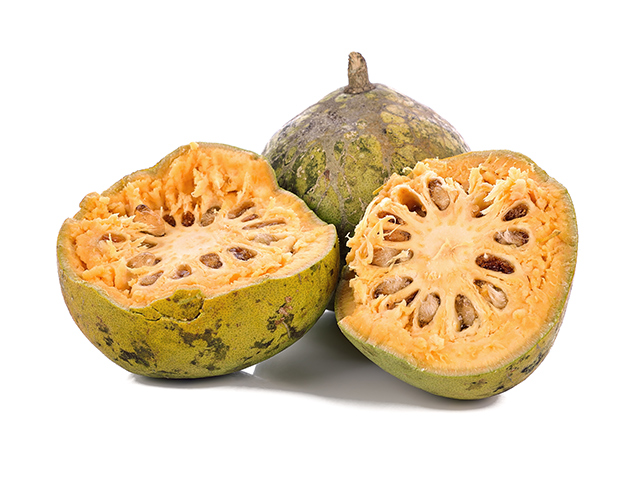Vitamin C found to significantly reduce the risk of gout
09/08/2018 / By Russel Davis

Vitamin C appears to have protective properties against gout. An analysis of nearly 47,000 men ages 40 to 75 years shows that those who had high vitamin C intake had reduced odds of developing gout over a study period of 20 years. Researchers also note a dose-dependent reduction in gout risk. Men who took 500 mg of vitamin C per day have a 15 percent lower risk of gout, while those who took 1,000 mg daily had a 30 percent decreased likelihood of developing gout. Men who took 1,500 mg of vitamin C per day show the greatest decline in gout risk at 45 percent, researchers say.
“Given the general safety profile associated with vitamin C intake, particularly in the generally consumed ranges as in the present study, vitamin C intake may provide a useful option in the prevention of gout,” said lead researcher Dr Hyon Choi. (Related: Vitamin C Prevents Gout.)
These results were published in the Archives of Internal Medicine.
However, rheumatologist Dr Michael Snaith of the UK Gout Society cautions that taking higher doses of vitamin C intake may not guarantee total gout remission. “Vitamin C may reduce the frequency of attacks and provide a degree of protection. But that does not mean to say that taking whacking great amounts of vitamin C is going to eliminate gout. It would be unwise for people to think they can compensate for eating and drinking too much by taking vitamin C with their pint of beer,” Dr. Snaith says.
CDC: More Americans crippled by gout, arthritis
A new report by the Centers for Disease Control and Prevention (CDC) reveals that the rates of arthritis — and its many forms such as gout, osteoarthritis, lupus, and fibromyalgia — recently reached an all-time high. As many as 54 million Americans were diagnosed with the disease between 2013 and 2015 . The report also showed that 32 million of these patients were of working age between 18 to 6-years old. Twenty-four million adults aged 45 to 64 were diagnosed with the condition. The estimated direct health expenses associated with arthritis is $81 billion per year, the CDC reported.
According to the report, more patients claim that the condition severely limited their activities. The total number of diagnosed patients claiming the said effect rose to 24 million in 2015, which equates to a 20 percent increase since 2002, the report showed. Women are more susceptible to arthritis and its other forms compared with men. Patients suffering from obesity, diabetes, and heart disease are also at an increased risk of the condition. According to the report 49 percent of patients with heart disease and 47 percent of patients with diabetes also have arthritis.
However, regular physical activity may mitigate this risk by 40 percent, researchers said.
Other facts on gout
The number of gout cases in the U.S. continue to rise over the years. Gout is a rheumatic condition that occurs when uric acid crystals accumulate in tissues and body fluids. Acute gout manifests as red, hot, and swollen joint that induces severe pain in patients. Recurrent acute gout may lead to gouty arthritis, a degenerative form of chronic arthritis.
According to the CDC, gout and other crystal arthropathies account for 2.3 percent of the 38.6 million hospitalizations in 2010. CDC data also show that 4.98 million ambulatory care visits in 2010 are tied to gout flare-ups, which account for five of all ambulatory visits among adult patients with arthritis and other rheumatic diseases. In addition, the Health Professionals Follow-Up Study shows that male gout patients had higher odds of all-cause mortality and cardiovascular disease mortality than those without the condition.
Excessive alcohol consumption, high blood pressure, and obesity are major causes of gout. Eating meat high in purine also exacerbates the risk.
Read more articles on the healing potential of vitamin C at Healing.news.
Sources include:
Tagged Under: disease prevention, gout, natural cures, natural medicine, nutrients, prevention, research, supplements, vitamin C, vitamin c supplements



















